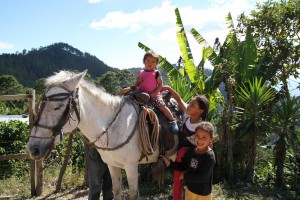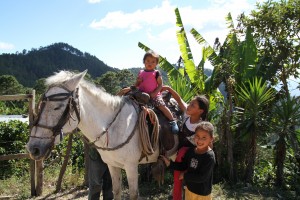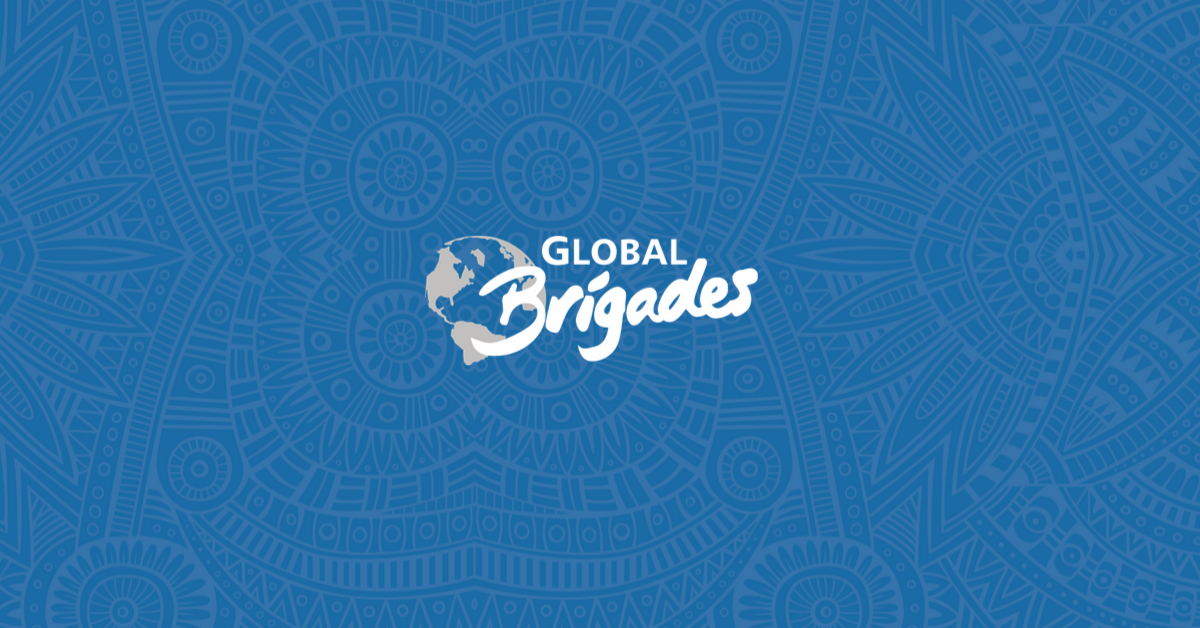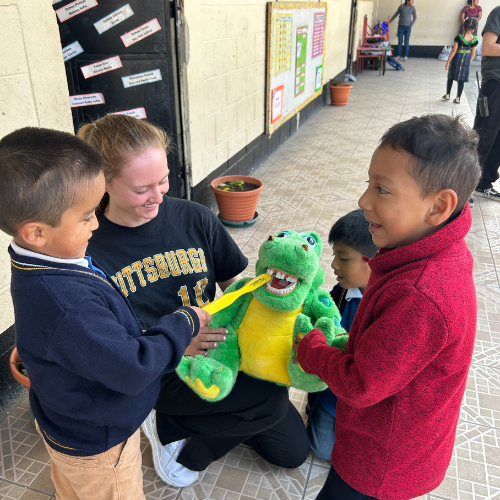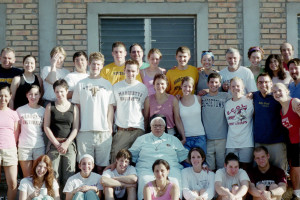Consider the following situation: you arrive at a rural Honduran community and the first thing that catches your eye is a large grey dish attached to the roof of the first house you encounter. You might think to yourself, “that can’t be a satellite dish… can it?” The answer to your question would be “yes, that is most certainly a satellite dish.” How could a community with access to a satellite dish possibly be considered to be “under-resourced”, “in need”, or more commonly put, “poor”?
Economic disparity in the developing world is rampant. It is common to hear that 90% of developing country “X’s” wealth belongs to only 10% of its population. Honduras, in fact, is ranked 15th in the world in level of economic disparity according to the United Nations. In developing countries, in many cases, wealth is affiliated with urban centers while poverty is associated with more rural areas. Although there is most definitely statistical proof of this general trend, it is not to say that economic disparity does not also exist within small communities consisting of fifty to one hundred homes or less. In other words, drive five minutes past that satellite dish and you may find yourself in a completely different world.
In some rare cases, generations of hard working, educated, Hondurans have been able to pull themselves out of cyclical poverty. The wealth built to afford even something as humbly luxurious as television service is the byproduct of years of slow, laborious effort by the most determined families. While families like these may own land, harvest cash crops, and make up to $800 per month, other families, making up the vast majority of a community, grow just enough to feed themselves and make less than $30 per month. The wealthier families are actually inspiring, realistic examples of an economic level that through hard work and GB’s development assistance, other families can achieve. Still, despite some relative local wealth, the rich and poor within a single community are often equally subjected to issues such as the lack of access to clean water or proper healthcare.
You may find yourself on a brigade staring at a car, TV, flushable toilet, etc. thinking “are these people really in need? Are these people really poor?” If you do ask yourself these questions, just look a little deeper. Take a walk around the corner. Ask that car owner how often his children suffer from diarrhea. In the end communities are like books, and should not be judged by their satellite dishes.
Author: The GB Honduras Team

